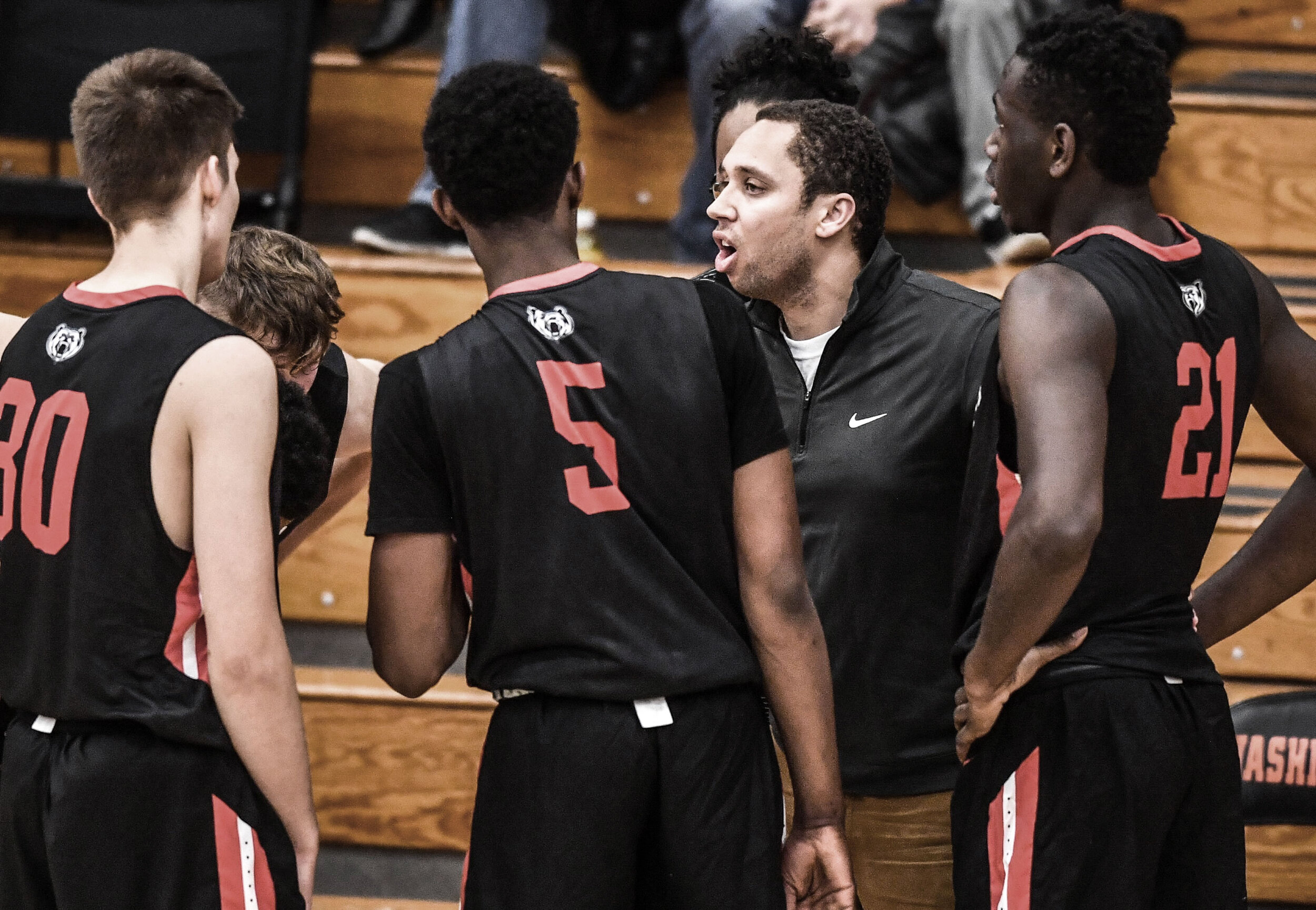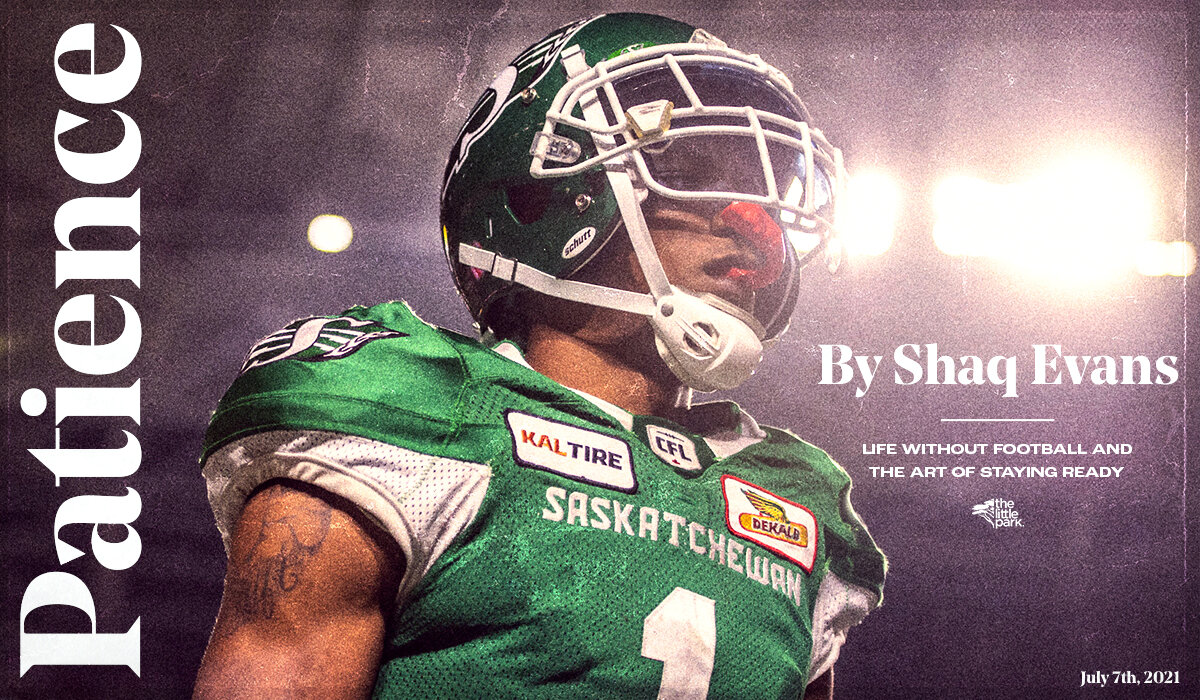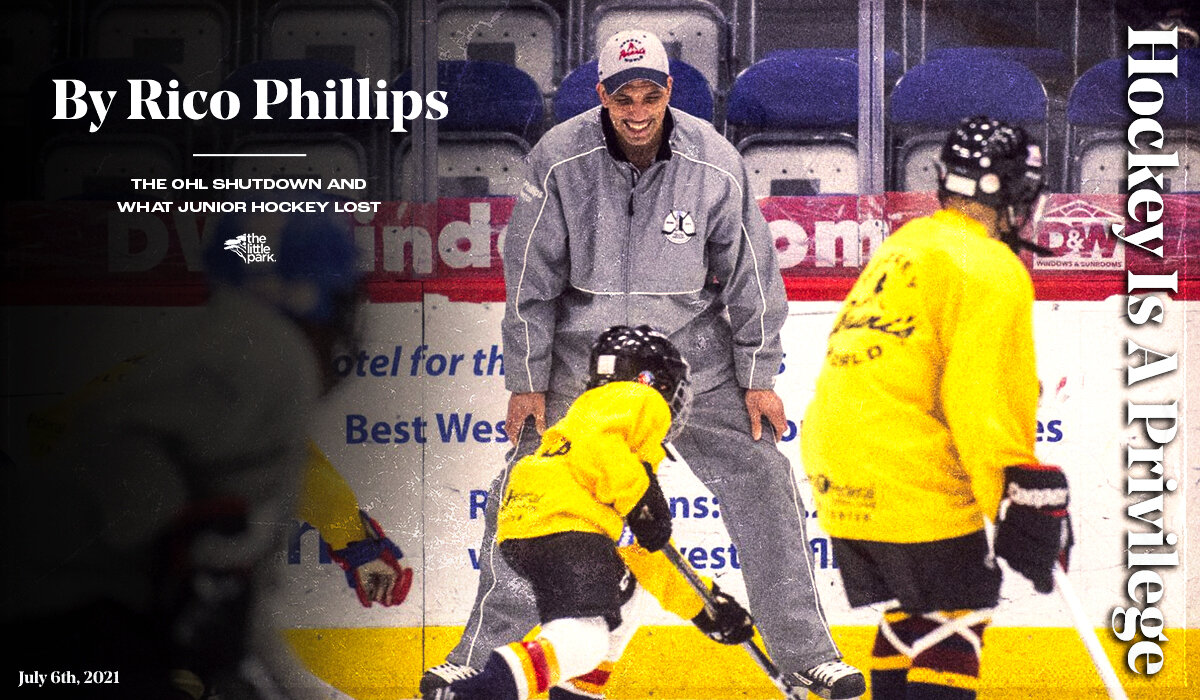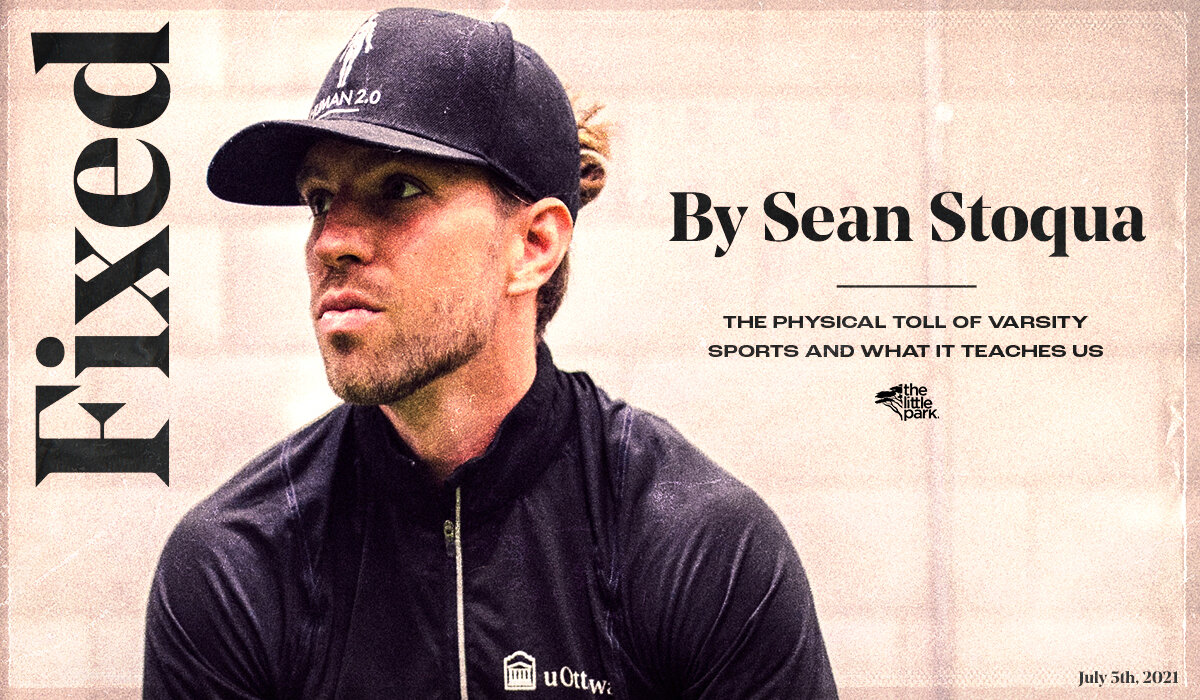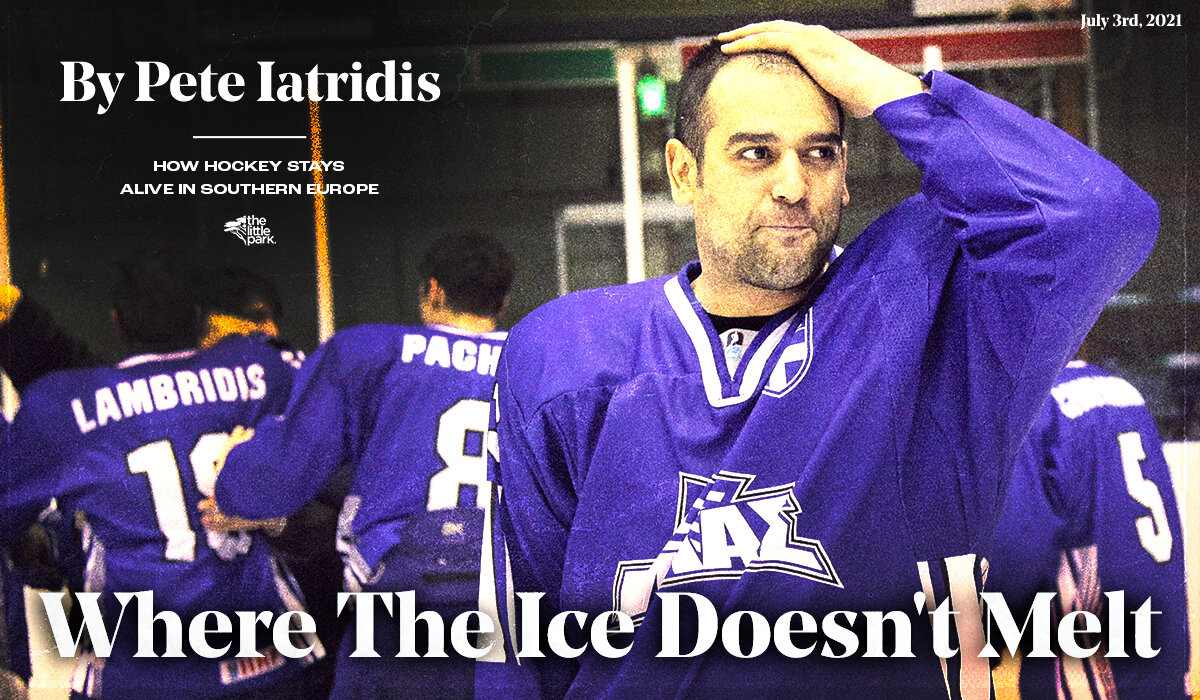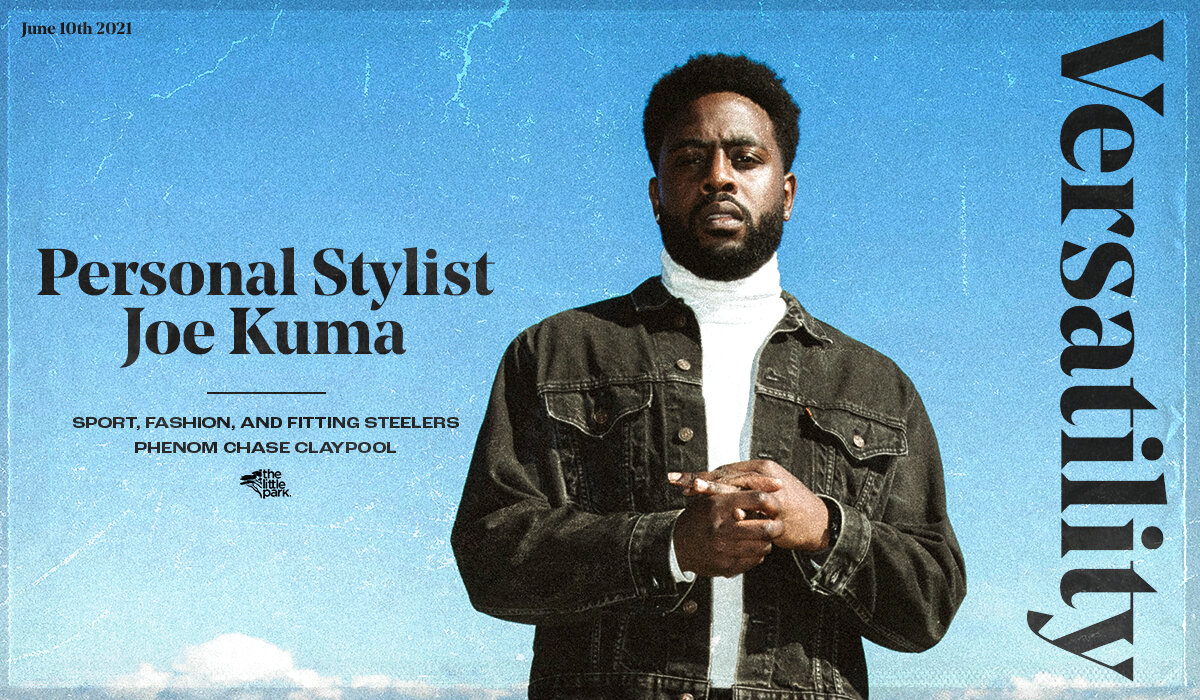This past year has been a wild ride.
How does someone from rural Nova Scotia end up coaching basketball in Beijing, China?
Like many jobs in the coaching field, they come about as a culmination of previous coaching experiences and relationships. Me ending up in China is no different.
Just a few months ago, I was the head coach of an elite basketball academy called Orangeville Prep in Brampton, Ont. My players at Orangeville came from all over Canada with many living away from their families. A parent entrusting you to look over their child comes with a lot of responsibility, which I never took lightly. I learned how to coach and develop high-level basketball prospects including, Ignas “Iggy” Brazdeikis, who was drafted 47th overall by the New York Knicks in the 2019 NBA Draft.
The opportunity to coach basketball in Beijing, in a round-about way, came as a result of my time at Orangeville. I coached against some of the best coaches in North America while there and one in particular, Kevin Boyle, was the head coach of Montverde Academy, the premier high school basketball program in the U.S.
Boyle’s resume speaks for itself. He’s been running elite basketball programs for nearly 20 years with some of the most talented young basketball players. Boyle created a national powerhouse at the prestigious St. Pats in Newark, N.J., and coached many future NBAers, including Kyrie Irving. He moved to Montverde in 2011 and turned the program around immediately. Along the way he helped the development of current young NBA stars such as R.J. Barrett, Ben Simmons, Joel Embiid and D’Angelo Russell, just to name a few.
Boyle had always been gracious to give me advice as a young coach and is the reason I got an opportunity to coach in China. He was contracted last year by the Chinese Basketball Association as a lead consultant for youth development. Boyle reached out to ask if I would run the day to day in Beijing to implement his vision for the development of youth basketball in the country.
I wasn’t sure what to think at first. I was recently married and didn’t know if I would be able to commit to living on the other side of the world for the majority of the year. But the more I thought about the opportunity, the more it grew on me. It’s a rarity in life to contribute to something from the ground level. Though this wouldn’t be the conventional route, I took solace in the fact the conventional route was never my style.
Upon receiving my master’s degree in education, I went to work as a teacher in the fly-in community of Cambridge Bay, Nunavut -- a community of 3,000 people. I taught Grade 5 and was able to ingratiate myself into the community through coaching basketball. Needless to say, the opportunity to coach in a place I was unfamiliar with was in my wheelhouse.
After consulting with my wife, family and friends, I made the decision to embark on this new journey in Beijing.
The vision Boyle and I have for Chinese basketball is to implement a North American style development system. The concept of sports being attached to academics is so engrained in our system, but it isn’t the case in other parts of the world. The Chinese culture values specialization at a young age and athletes are tracked if they show promise to maximize their potential. These students aren’t able to pursue more intensive academic tracks, which would give the option to pursue a different field when their athletic careers finish. Our mission is to incorporate academics and high-level basketball development. This will help to create well-rounded athletes for life after basketball.
The game can be an extremely valuable asset for athletes, but the cost of pursuing basketball goals and ambitions shouldn’t shut the door on other opportunities later in life. We want all our Chinese athletes to be NCAA or prep school eligible. It’s our goal to keep as many options open for them as possible.
The role in China has me organizing the players’ diets, academic curriculum and co-ordinating travel of players from all over China. I’ve also been doing consulting work with the Chinese Basketball Association (CBA), player development with CBA players for the Beijing Royal Fighters and the Beijing Ducks, along with working with Chinese youth national teams (under-15, under-16, under-17 and under-19).
Basketball was low on my priority list once I first got to Beijing. Putting everything in place to make sure that our kids were set up to be successful academically and athletically was of utmost importance. Once the players’ needs were taken care of, I just had the minor issue of figuring out how I would communicate with the players.
A major part of coaching is communication. I don’t speak Mandarin, and very few of my players speak English. Luckily, we have an interpreter on our staff named Harrison Jao, whom I can’t express how lucky and grateful I am to have a person of his talent on staff. He’s an invaluable asset, both from an interpretative and basketball standpoint.
Jao spent time in the U.S., working with the Minnesota Timberwolves and is familiar with both North American and Chinese basketball. When I communicate with players, Jao translates everything. Those from the basketball world can understand that basketball terminology can be like speaking another language. Because Jao has a basketball background, he’s able to translate basketball terminology without issues, which isn’t easy.
Being proactive in ensuring players understand basic concepts is imperative in player development, whether a coach shares a language with his players or not.
Our team meets every Saturday for two hours for a basketball education class and for staff to set out the coming week to players. We discuss terminology, skills and drills we will be implementing, and I’ve found the rate players absorb information has grown.
Our players have shown a level of dedication and discipline throughout this process that is truly extraordinary. These kids are so hungry and have done a tremendous job of buying into the vision. As a coach, all you can ask for is a group of players who trust you and will buy into the process.
Sadly, like most people around the world, our work in China was brought to a halt with the spread of the coronavirus. I had flown to Memphis to be with my wife on Jan. 15 during the Chinese New Year, which was first extended before all schools in China were eventually postponed. I had been talking with people in China about the growing concern of the virus and was told in February that I wouldn’t be able to re-enter Beijing for the foreseeable future. It remains uncertain when schools in Beijing will open again.
I’ve been able to stay in touch with the players during these trying times. We’ve prepared individualized programs for them all which can be performed in limited space, as most players’ families live in small apartments.
The players have been responding well to the programs and send me daily footage of their workouts. They’re constantly requesting feedback or any other sort of work they can do. As a coach, this has been so encouraging because the goal of development and education is not about filling a bucket, but lighting a fire.
It does my heart good in these difficult times to know that the fire is still burning on the other side of the world.



